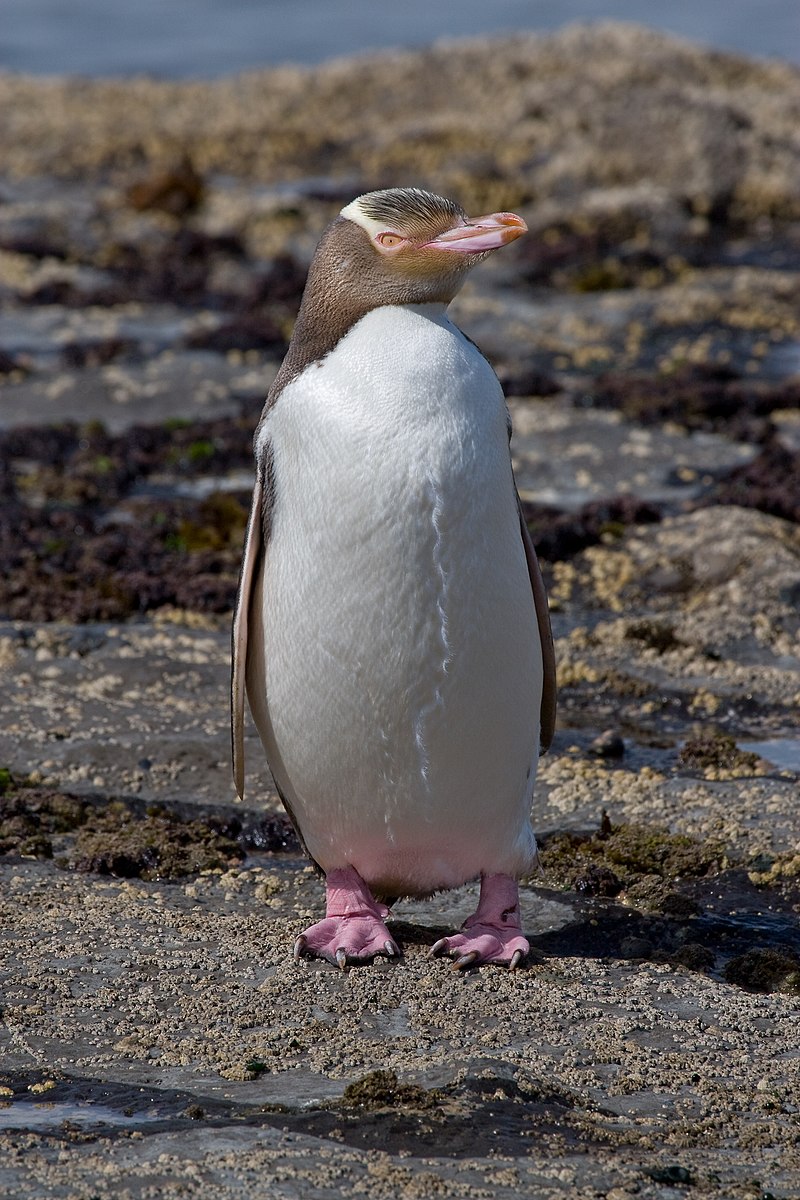Otago and Southland’s fragile yellow-eyed penguin/hoiho population is benefiting from the expertise and experience of wildlife vet Lisa Argilla.
The Yellow-eyed Penguin Trust is concerned there may be a repeat of the 2015 season of high injury rates from marine predators, such as barracouta. Recently, five penguins were maimed by suspected barracouta and shark attacks. Penguins injured before they moult have a low chance of survival without early intervention and rehabilitation.
Lisa has been contracted by the Trust for six weeks to ensure injured penguins have the best chance of survival. Lisa has already operated on five injured penguins seriously injured, probably by barracouta.
As well as barracouta attacks, the penguin population has been affected by events such as outbreaks of avian diphtheria in chicks, an unexplained mass mortality and widespread starvation. This season, numbers reached their lowest since 1990.
Trust manager Sue Murray said contracting Lisa at this critical time of the season was important for survival of the species. “These birds have had a rough four years and each individual is important to survival of the whole population,” Sue said.
Rehabilitation has been a key tool for conservation of yellow-eyed penguins. In 2014, more than 10% of Otago and Southland’s yellow-eyed penguin nests contained an adult penguin that had received rehabilitation of some kind.
Lisa said being based in Dunedin meant the birds didn’t have to be transported on a 4-5 hour flight to the North Island for treatment. “Now we can treat sick and injured birds here in Dunedin, without the stress of travel.”
Sue thanked the supporters who contributed to the Trust’s fundraising appeal to employ Lisa.
Lisa is supporting penguin rehabilitators such as Penguin Place, Penguin Rescue and New Friends of Busy Beach to care for recovering birds, and is working in collaboration with the Department of Conservation (DOC). Rehabilitation involves a short stay in temporary captivity to regain condition and heal injuries before being transported back to the wild.
Otago Polytechnic has given Lisa use of their vet hospital facilities and she will reciprocate by up- skilling students on wildlife vet nursing. St Kilda Vets have also loaned their hospital and x-ray facilities.
Lisa was Veterinary Science Manager at Wellington Zoo for the past five years. She has eight years’ experience as a New Zealand wildlife vet, specialising in health, disease and treatment of wildlife in captivity and in the wild. Lisa’s interest and expertise in yellow-eyed penguins began when working on her postgraduate research for a MVSc degree on the causes of yellow-eyed penguin deaths in the subantractics, specifically the diseases avian malaria and leucocytozoon.
Previously, Lisa has helped DOC and Trust rangers with yellow-eyed penguin field work over the summer for the past eight years.
source
Image source:



















No comments:
Post a Comment